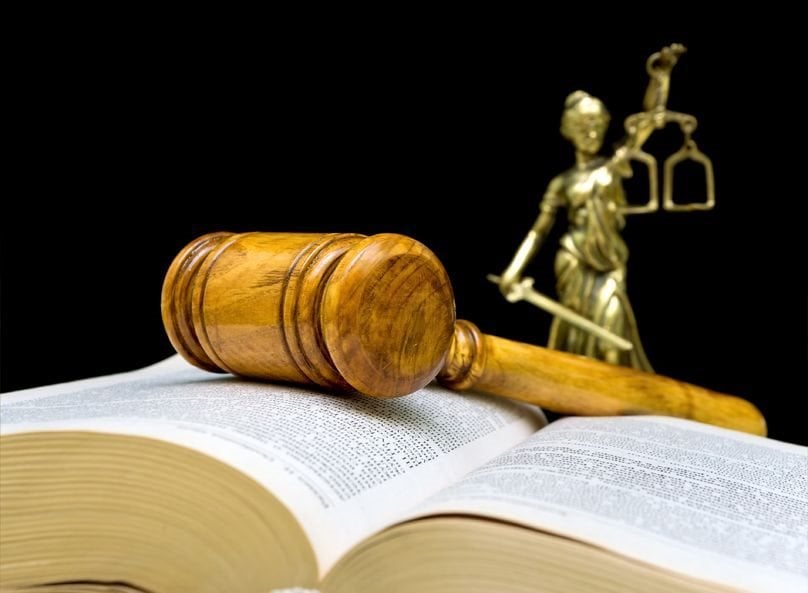Africa's economic growth and potential is being crippled by corruption, government inefficiency, and a lack of transparency and accountability. Proper management of these issues will not only allow for the continent to economically flourish, but will increase access to justice, as well as provide greater fairness and equality.
These are the central findings contained in a first-of-its-kind survey of legal professionals in 24 African countries, conducted jointly by online legal news platform Africa Legal and legal tech giant, LexisNexis South Africa. The inaugural report, Advancing the Rule of Law in Africa 2021/22, identifies the obstacles that need to be overcome to achieve this.
Underdeveloped rule of law
“Africa has long struggled with the problems caused by an underdeveloped rule of law. Investors are reluctant to finance projects ... access to justice is often lopsided, favouring the wealthy and well-connected. And corruption is widespread,” the report’s authors say.
Legal professionals surveyed from across Africa – including lawyers in private practice, in-house legal counsel, government employees and members of the judiciary – have weighed in on what needs to be done to improve the rule of law, how the pandemic has impacted this development, who should drive change, and the likelihood of progress in the next five years. Respondent countries include South Africa, Nigeria, Kenya, Uganda and Zimbabwe.
Although the World Justice Project’s Rule of Law Index defines the rule of law as a “durable system of laws, institutions, norms and community commitment that delivers accountability, just laws, open government and accessible and impartial dispute resolution”, the survey revealed no universal agreement on the definition. One phrase, however, was repeated by respondents, namely that “no one is above the law”.
Even though there were some jurisdictional differences, more than half of the respondents across all countries said corruption was the biggest hurdle to the rule of law. This was followed by government inefficiency; lack of transparency and accountability; lack of awareness; and a lack of motivation to change.
Inequality in justice systems
Alarmingly, just 6% say the provision of justice is equal in their jurisdiction, with more than three-quarters saying that justice was either unequal or very unequal. A deeper dive revealed that none of the respondents in Kenya and Uganda think the provision of justice is equal in their countries, while 89% of Nigerian respondents found justice is either unequal (49%) or very unequal (40%).
All respondents – including government employees - believed government, followed by the judiciary, were responsible for the advancement of the rule of law, while respondents from South Africa and government employees overall, believed lawyers had less of a role to play than the general population and organisations.
The report reveals that Covid-19 deepened economic instability, with the majority respondents agreeing the pandemic had an impact on the rule of law. Some 6% of respondents overall said the pandemic had led to more corruption or the opportunity for more corruption. In South Africa, some 12% said the pandemic had led to an increase in crime, compared to 5% for overall respondents.
Improvements
Overall, 40% of respondents are optimistic that the rule of law will improve in their countries over the next five years, with the rest believing it will either decline or stay the same. Kenya is the most optimistic, and Nigeria the most pessimistic.
Said LexisNexis South Africa CEO, Videsha Proothveerajh: “There is clearly still a lot of work to be done to advance the rule of law across all jurisdictions, but based on the findings of this inaugural report, motivation for, and awareness of, the need for change is there.
“While government must lead from the front, all stakeholders, including the public, lawyers, the judiciary and legal organisations need to champion this change if our continent is to take its rightful place on the global stage,” she said.
Download a copy of the report here.



































